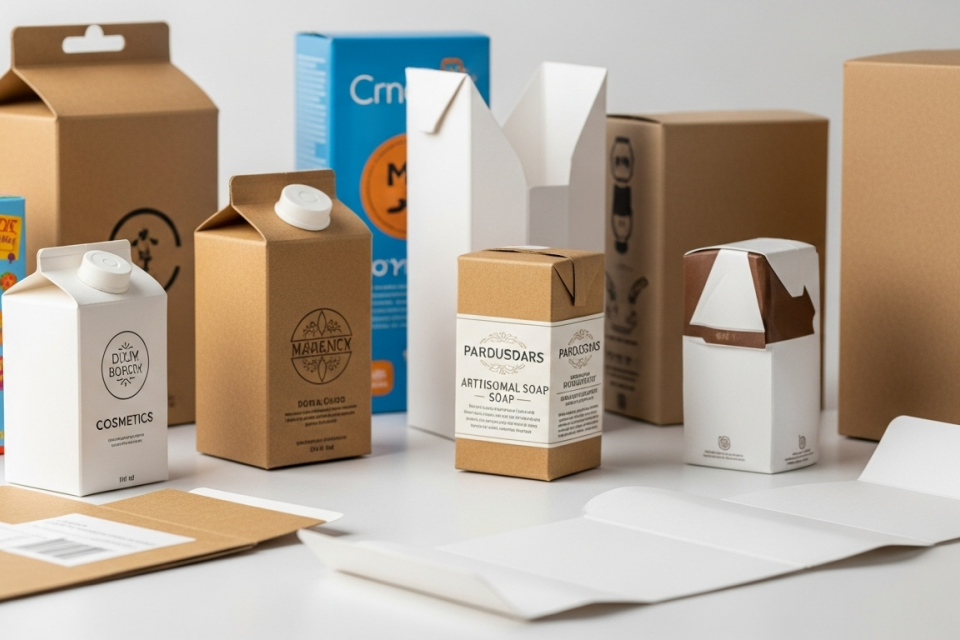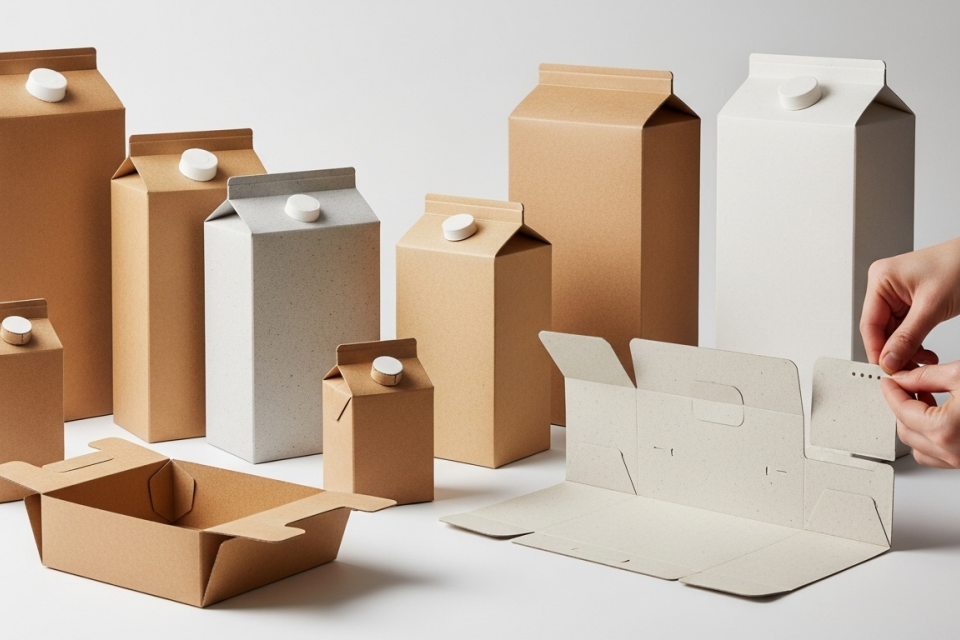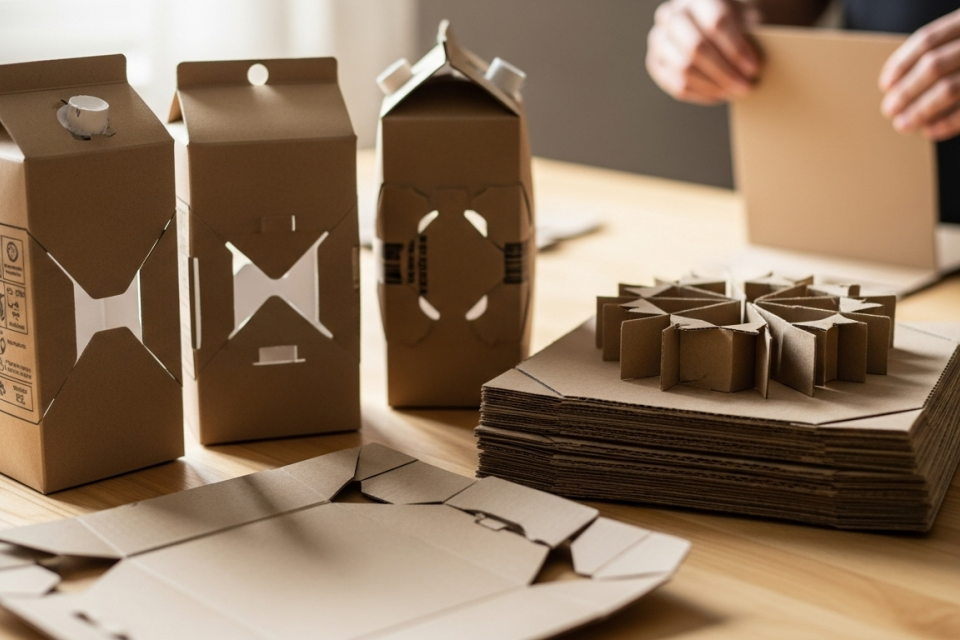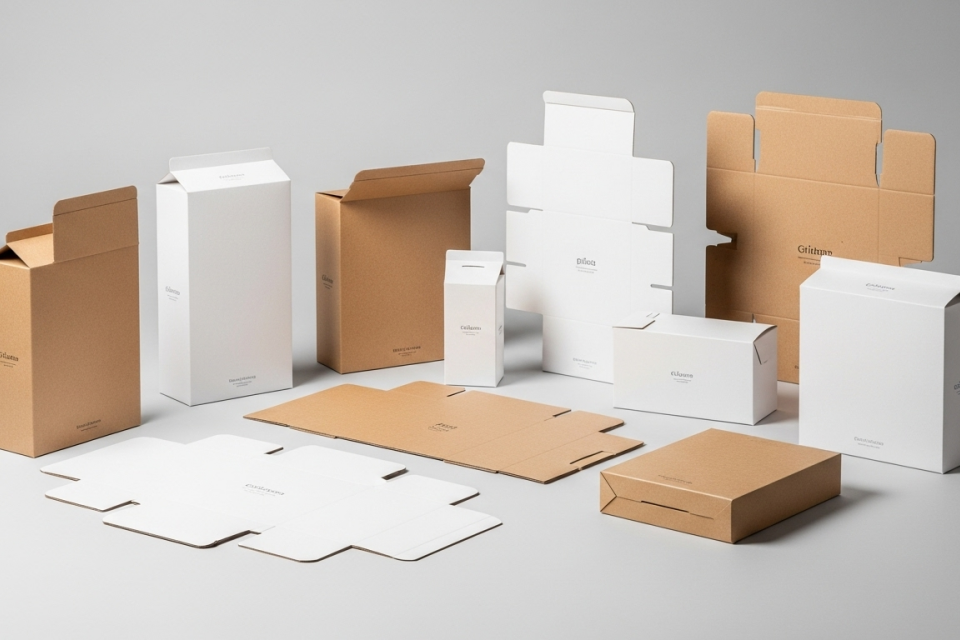Wpływ limitów czasu na sesje live
Wprowadzenie przypomnień po 30 i 60 minutach gry na żywo zmniejszyło czas przeciętnej sesji o 8–12%, co obserwuje także GG Bet kasyno w statystykach odpowiedzialnej gry.
Częstotliwość użycia BLIK miesięcznie
Przeciętny użytkownik BLIK wykonuje w Polsce ponad 20 transakcji miesięcznie, a część z nich to depozyty w serwisach takich jak Lemon, gdzie ta metoda jest domyślną opcją płatności mobilnych.
Na rynku polskim coraz większą popularność zyskują gry typu crash i instant win, które odpowiadają już za kilka procent obrotu, dlatego Vulcan Vegas dodaje do katalogu dynamiczne tytuły z prostą mechaniką i wysokimi mnożnikami.
System misji w premierowych tytułach
Około 10–15% nowych Ice bonus kod automatów ma wbudowany system misji i osiągnięć; gracze uzyskują odznaki np. po 100, 500, 1000 spinach, a kasyna przyznają dodatkowe nagrody za ukończenie całego zestawu w określonym czasie.
Cashouty z gier karcianych
Szacuje się, że 30–35% wszystkich wypłat z kasyn online w Polsce pochodzi z wygranych w grach karcianych, a w systemie wypłat Bison opinie blackjack i bakarat często pojawiają się w tytule transakcji.
Średni zakład w Casino Hold'em
Przeciętny polski gracz Casino Hold'em stawia 10–30 zł na rozdanie, a stoły w kasyno Bet pozwalają zaczynać już od 5 zł, zachowując przy tym możliwość wysokich wygranych na układach premium.
Dane o chargeback w iGaming
W polskim iGamingu odsetek chargebacków kartowych szacowany jest na 0,5–1%, a kasyna takie jak Beep Beep minimalizują to ryzyko poprzez wyraźne oznaczanie nazw płatnika na wyciągach bankowych.
1Kasyna online a Core Web Vitals
Operujący na polski rynek operatorzy Stake application coraz częściej optymalizują LCP, CLS i TBT, aby utrzymać wysokie pozycje SEO; szczególnie sloty i moduły live muszą ładować się w czasie poniżej 2–3 sekund na typowym łączu mobilnym.
Średni RTP nowych slotów dla Polaków
Nowe sloty kierowane na rynek UE, w tym do Polski, oferują najczęściej RTP Mostbet PL kody bonusowe w przedziale 95,5–97,2%; około 1 na 5 premier ma deklarowany zwrot powyżej 96,5%, co jest chętnie podkreślane w opisach gier w lobby kasyn.
Nowe kasyna a integracja z aplikacjami
Około 20–30% nowych kasyn inwestuje w natywne aplikacje Android/iOS lub PWA; mimo że większość użytkowników Beep Beep oficjalna strona gra z przeglądarki, aplikacje zwiększają dzienną częstotliwość logowań i ułatwiają push-notyfikacje.
Średni bankroll na jedną sesję
Średni bankroll przeznaczany na sesję gier kasynowych w Polsce wynosi 150–400 zł, a w panelu Pelican kasyno można ustawić limity depozytów i strat, aby nie przekroczyć założonego budżetu.
Nowe sloty a krzywa popularności
Analizy kasyn wskazują, że około 10–15% nowych slotów generuje 70–80% gry na premierach, Bizzo bonus bez depozytu podczas gdy pozostałe tytuły zostają „long tail” z niewielkim, ale stałym ruchem przez kolejne miesiące.
Nowe crash a integracja z portfelami krypto
W kasynach krypto część nowych crash gier umożliwia zakłady Bison bez depozytu bezpośrednio z portfela on-chain; minimalne stawki wynoszą wtedy równowartość 1–2 USD, a fee sieci (np. Tron, BSC) jest marginalne w porównaniu do stawki.
RTP bakarata w kasynie online
Przy standardowej prowizji 5% od wygranej zakład na „Bankiera” ma RTP około 98,94%, a stoły bakarata w kasyno Mostbet zapewniają polskim graczom jedne z najniższych przewag kasyna.
Ogólny trend konstrukcji slotów 2025
Podsumowując, nowe sloty dla polskich graczy w 2025 roku charakteryzują Skrill metoda płatności się wyższym RTP, bardziej agresywną zmiennością, rozbudowanymi funkcjami (buy bonus, cluster, misje), głębszą integracją z promocjami kasyna i pełną optymalizacją pod urządzenia mobilne.
Sloty high roller w nowych premierach
Około 5–8% świeżych NVcasino bonus bez depozytu tytułów ma maksymalną stawkę powyżej 500 zł, a część dochodzi do 1 000–2 000 zł za spin; takie automaty są projektowane głównie z myślą o high-rollerach VIP w kasynach online.
Odsetek zaawansowanych graczy karcianych
Około 15–20% polskich graczy gier karcianych można uznać za zaawansowanych – korzystają z tabel strategii i śledzą statystyki, co widać też w analizach zachowań w Revolut kasyno.
Wartość pojedynczej wypłaty
Średnia wartość wypłaty w polskim iGamingu szacowana jest na 400–700 zł, a serwisy takie jak Vulcan Vegas realizują codziennie setki takich transakcji, zachowując pełną zgodność z procedurami AML.
Linkowanie do regulatora
Strony, które poważnie traktują compliance, często linkują do MF – Departament Gier i wyjaśniają użytkownikowi kompetencje urzędu; taki element podnosi wiarygodność również brandów kasynowych w stylu Blik kasyno.
Blacklisty operatorów offshore
Zgodnie z ustawą MF prowadzi „Rejestr domen zakazanych”, a ISP mają obowiązek blokowania takich adresów; dotyczy to wielu polskojęzycznych kasyn, które promowane są mimo to przez recenzje i strony typu Vox kod promocyjny.
Popularność trybu pełnoekranowego
Około 50% graczy uruchamia gry w trybie pełnoekranowym, zwłaszcza sloty 3D; opcja ta jest standardowo dostępna we wszystkich tytułach katalogu kasyno Mostbet.
Płatności powtarzalne i subskrypcje
Choć polski iGaming nie stosuje typowych subskrypcji, to około 30% graczy dokonuje regularnych, comiesięcznych depozytów, które w Revolut casino realizowane są najczęściej BLIK lub kartą debetową.
Kobiety w grach karcianych online
Udział kobiet w grach karcianych w Polsce szacuje się na 18–22%, a z danych kasyno Bet casino wynika, że najchętniej wybierają one blackjacka z niskimi stawkami i ruletkę z zakładami bocznymi.
Rosnące zainteresowanie e-sportem wpływa także na wybór kasyn oferujących zakłady sportowe, co jest dostępne w Blik casino, zapewniając dodatkowe możliwości typowania wydarzeń.
Kasyna online coraz częściej wdrażają turnieje progresywne, a jedną z platform oferujących takie rozgrywki jest Skrill casino, umożliwiające udział w rankingach i walce o nagrody specjalne.
Auto-spin w nowych slotach
W 2025 roku prawie wszystkie nowe sloty mają funkcję auto-spin, często z limitami 10–100 kasyna Paysafecard obrotów; w ramach odpowiedzialnej gry część jurysdykcji wymaga automatycznego zatrzymania autogry po 100–250 spinach.
Popularność płatności tokenizowanych
Tokenizacja kart obniża ryzyko wycieku danych nawet o 90%, dlatego w serwisach takich jak NVcasino dane kartowe przechowywane są w formie zaszyfrowanych tokenów, a nie pełnych numerów kart.
Kontrola użycia danych marketingowych
RODO i krajowe przepisy wymagają zgody na newslettery i powiadomienia; operatorzy nie mogą wykorzystywać danych o historii Pelican wypłata gry do agresywnego retargetingu bez przejrzystego poinformowania użytkownika o zakresie profilowania.
Średni czas sesji w grach live
Polscy gracze spędzają średnio 26–35 minut na jednej sesji live, a najdłuższe sesje w Blik casino notowane są przy stołach blackjacka VIP, gdzie pojedyncza rozgrywka potrafi trwać ponad godzinę.
Nowe kasyna a e-sport i gry crash
Około 40% nowych kasyn dla Polaków ma moduł zakładów lub mini-gier e-sportowych, a 60–70% Beep Beep casino logowanie oferuje przynajmniej jedną grę crash; razem generują one jednak zwykle mniej niż 10% całkowitego GGR brandu.
Türkiye’de en çok oynanan slotlardan biri Sweet Bonanza’dır; Bahsegel iletişim numarası bu oyunun lisanslı versiyonunu barındırır.
Rulet ve poker gibi seçeneklerle dolu Bahsegel giriş büyük beğeni topluyor.
Eco-Friendly Folding Carton Options
Explore eco-friendly folding carton options made from sustainable materials like recycled paperboard and sugarcane bagasse. Discover their benefits, applications, and future trends.
Summary
Eco-Friendly Folding Carton Options refer to sustainable packaging solutions made primarily from recyclable and biodegradable materials, designed to minimize environmental impact while meeting consumer demands for eco-conscious practices. As businesses across various industries—including food, cosmetics, pharmaceuticals, and e-commerce—strive to reduce their carbon footprints, the adoption of eco-friendly folding cartons has gained prominence due to their lightweight, customizable nature, and commitment to sustainability.
These cartons are primarily crafted from materials such as recycled paperboard, kraft paperboard, and alternative resources like sugarcane bagasse and tree-free fibers, which support a circular economy and reduce reliance on virgin materials. The versatility of eco-friendly folding cartons allows them to effectively protect products during transit while also appealing to the growing demographic of environmentally aware consumers. Recent studies indicate that approximately 78% of U.S. consumers consider sustainability in their purchasing decisions, underscoring the increasing importance of sustainable packaging in enhancing brand loyalty and competitiveness.
Prominent challenges in this sector include the complexity of sustainability certifications, varying levels of consumer awareness regarding eco-friendly packaging options, and economic considerations that can affect the transition to sustainable materials. Furthermore, supply chain transparency and evolving regulations present additional hurdles for businesses aiming to implement eco-friendly practices while maintaining compliance with environmental standards.
Despite these challenges, the trend towards eco-friendly folding cartons is expected to continue growing, driven by innovation in materials and design efficiency, alongside regulatory developments pushing for greater accountability in packaging practices. As brands increasingly prioritize sustainability, eco-friendly folding cartons are emerging as a key element in the movement towards a greener future.
Table of Contents
Types of Eco-Friendly Folding Cartons
Folding Cartons
Folding cartons are a popular choice for eco-friendly packaging due to their lightweight, customizable nature, and sustainability. They are commonly used in various industries, including food, cosmetics, pharmaceuticals, and electronics. Made from renewable materials, these cartons are less resource-intensive to produce and are 100% recyclable, making them an attractive option for businesses aiming to reduce their carbon footprint and demonstrate their commitment to environmental stewardship.
Recycled Paperboard
Recycled paperboard is one of the most sustainable materials available for folding cartons, composed entirely of post-consumer recycled content. This option not only diminishes the need for virgin materials but also supports a circular economy by diverting waste from landfills. Many brands are increasingly adopting recycled paperboard for its durability and environmental benefits.
Kraft Paperboard
Kraft paperboard is another eco-friendly alternative made from the pulping of wood fibers. It is known for its strength and tear resistance, making it suitable for various packaging needs. The kraft pulping process ensures that the material remains biodegradable and compostable, while its unbleached form reduces the demand for chemical processing, appealing to eco-conscious brands. Kraft paper boasts a recycling rate of approximately 90-95%, further enhancing its sustainability profile.
Corrugated Boxes
Corrugated boxes, often made from recycled corrugated board, are increasingly favored in the e-commerce sector for their durability and protective qualities. Comprising a three-layer design, these boxes provide necessary strength while ensuring that products remain secure during transit. As consumers become more environmentally aware, brands are turning to corrugated packaging, which enhances their competitiveness in the market.
Sugarcane Bagasse
Sugarcane bagasse is a sustainable material derived from the fibrous residue left after sugar extraction. This biodegradable and compostable option presents a low-carbon alternative to traditional paperboards. By utilizing agricultural waste, bagasse aligns with the principles of a circular economy, making it a favored choice for brands committed to eco-friendly practices.
Tree-Free Paperboard
Tree-free paperboard, made from materials such as bamboo and bagasse, offers an alternative to conventional paperboard without relying on wood-based fibers. This renewable and biodegradable material supports sustainable packaging initiatives while reducing deforestation.
Molded Pulp
Molded pulp, created from recycled paper fibers, is another sustainable packaging option that provides excellent protection for fragile items. This biodegradable and compostable material can be easily recycled, making it an environmentally friendly choice for businesses looking to minimize their ecological impact.
By selecting these eco-friendly folding carton options, businesses can effectively align their packaging practices with sustainability goals, contributing to a greener future while meeting the demands of eco-conscious consumers.

Manufacturing Processes
The manufacturing processes for eco-friendly folding cartons incorporate several key steps that emphasize sustainability and efficiency.
Design and Material Selection
The first stage involves designing the folding carton based on the specific requirements of the client, including considerations of size, shape, and structural integrity. This design phase often employs specialized software to optimize functionality and branding opportunities. Following the design, sustainable materials are chosen, such as FSC-accredited paperboard or recycled paperboard, which minimize environmental impact while ensuring product quality.
Printing Techniques
Once the design and materials are finalized, the next step is printing. This is accomplished using various eco-friendly techniques, such as digital or flexographic printing, which commonly utilize soy-based inks to reduce harmful environmental effects. These printing methods not only meet aesthetic demands but also align with sustainable practices by using materials that are less harmful to the planet.
Quality Control and Sustainable Practices
Quality control is an essential aspect of the manufacturing process, with companies implementing strict testing protocols to ensure product excellence at every stage. Additionally, many manufacturers are committed to ongoing sustainability efforts. For instance, Malnove is working towards achieving Zero Waste Certification in all its facilities by the end of 2025, reinforcing its dedication to environmentally responsible practices. This holistic approach ensures that sustainability is integrated into every facet of production, from design to delivery, which allows companies to maintain high standards while also promoting eco-friendliness.
Innovation in Eco-Friendly Solutions
With the growing emphasis on environmental responsibility, the interest in sustainable folding cartons has surged. Manufacturers are increasingly adopting innovative practices that not only reduce waste but also enhance the recyclability and reusability of their packaging solutions. For instance, platforms like Maker’s Row facilitate connections between brands and eco-responsible packaging manufacturers, making it easier for businesses to source sustainable options that align with their values. This trend reflects a broader shift towards greener solutions that appeal to environmentally-conscious consumers.
Through these manufacturing processes, businesses can effectively contribute to sustainability while also enhancing their market competitiveness by offering eco-friendly packaging options.

Benefits of Eco-Friendly Folding Cartons
Eco-friendly folding cartons offer numerous advantages that extend beyond environmental conservation, significantly impacting business operations, consumer behavior, and industry trends.
Environmental Impact
Sustainable folding cartons are crafted from recyclable and biodegradable materials, such as recycled paperboard and biodegradable coatings. This eco-friendly composition helps mitigate the environmental footprint associated with packaging waste and promotes a circular economy through responsible material sourcing. By reducing reliance on fossil fuels and decreasing waste generation, businesses that adopt these cartons contribute to lowering their carbon footprint.
Cost-Effectiveness
Adopting eco-friendly folding cartons can lead to considerable cost savings for businesses. These cartons are often lighter than traditional packaging options, resulting in reduced shipping costs and lower energy consumption during transportation. Additionally, companies can benefit from compliance with increasingly stringent environmental regulations, further minimizing potential financial penalties related to non-compliance.
Branding Opportunities
Eco-friendly folding cartons also provide businesses with enhanced branding opportunities. By utilizing sustainable packaging, companies can communicate their commitment to environmental stewardship, which resonates with the growing number of eco-conscious consumers. Statistics indicate that 78% of U.S. consumers consider sustainability important, and many are more likely to purchase products with eco-friendly credentials. This association not only bolsters brand loyalty but also attracts a clientele that prioritizes environmental impact in their purchasing decisions.
Versatility and Protection
These cartons are versatile enough to cater to various industries, providing reliable protection for products during shipping and handling. Their structural integrity ensures that items arrive in pristine condition, which is particularly critical in the e-commerce sector where products are frequently handled multiple times. This reliability, combined with their sustainability, makes eco-friendly folding cartons a preferred choice for businesses looking to enhance their packaging strategies.
Contribution to Consumer Health and Safety
In addition to environmental benefits, sustainable packaging solutions help promote consumer and worker safety. By opting for eco-friendly materials, businesses can reduce exposure to harmful chemicals often associated with traditional packaging, thereby protecting both their employees and their customers from potential health risks. This commitment to safety aligns with a broader societal shift towards health-conscious practices.

Applications of Eco-Friendly Folding Cartons
Eco-friendly folding cartons are widely utilized across various industries due to their lightweight, customizable, and sustainable properties. These cartons are commonly found in the food, cosmetics, pharmaceuticals, and electronics sectors, providing an effective packaging solution that aligns with the growing demand for sustainable practices.
Food and Beverage Packaging
In the food and beverage industry, eco-friendly folding cartons are particularly beneficial as they utilize recyclable, reusable, or compostable materials. This approach not only reduces environmental impact but also supports the circular economy by minimizing waste throughout the lifecycle of the packaging. Sustainable food packaging, including options such as compostable trays and edible packaging, highlights the industry’s commitment to both consumer health and environmental safety. As consumer demand for sustainable products rises, food brands are increasingly integrating these packaging solutions to appeal to eco-conscious consumers.
Cosmetics and Personal Care
The cosmetics sector also leverages eco-friendly folding cartons to enhance brand image and promote sustainability. With consumers prioritizing brands that demonstrate environmental responsibility, sustainable packaging helps cosmetics companies differentiate themselves in a competitive market. Custom folding cartons allow brands to communicate their eco-conscious values through unique designs and messaging, thus creating a memorable unboxing experience for customers.
Pharmaceutical Packaging
In the pharmaceutical industry, the shift towards eco-friendly packaging solutions is driven by regulatory pressures and consumer expectations. Folding cartons made from sustainable materials are increasingly adopted to ensure compliance with environmental standards while providing adequate protection for sensitive products. The recyclability and biodegradability of these cartons further reinforce their appeal, as healthcare providers and consumers alike prioritize environmental stewardship.
E-Commerce Applications
The rise of e-commerce has accelerated the adoption of eco-friendly folding cartons, especially in fashion and apparel retail. These cartons not only ensure that products arrive in pristine condition but also serve as a branding tool for companies aiming to showcase their commitment to sustainability. By utilizing custom sustainable packaging, e-commerce brands can enhance customer engagement and create a positive association with their products, thereby promoting loyalty and repeat purchases. The lightweight nature of folding cartons also contributes to reduced shipping costs and lower carbon emissions during transportation, further underscoring their sustainability benefits.
Challenges and Limitations
Eco-friendly folding carton options face several challenges and limitations that can hinder their widespread adoption and effectiveness in promoting sustainability.
Certification Complexity
One major challenge is the complexity surrounding sustainability certifications. Various certifications have different criteria and requirements, making it essential for businesses to understand where they currently stand concerning their sustainability goals. Companies must undertake thorough internal assessments to identify gaps in their practices compared to certification standards, which can be time-consuming and resource-intensive. Furthermore, not all certifications provide clear or consistent guidelines, leading to potential confusion for brands aiming to achieve recognized standards.
Consumer Perception and Awareness
Another significant limitation is the varying levels of consumer awareness regarding sustainable packaging. While approximately 78% of U.S. consumers value sustainable lifestyles, many may not be fully informed about the specifics of eco-friendly packaging options or the certifications associated with them. As a result, brands may find it difficult to communicate the environmental benefits of their products effectively, potentially leading to skepticism or indifference among consumers.
Economic Considerations
Economic factors also pose challenges to the adoption of eco-friendly folding cartons. Although a growing segment of consumers is willing to pay a premium for sustainable packaging, the overall cost of eco-friendly materials and production processes can be higher than conventional options. This may deter some brands, especially small businesses, from making the switch, as they balance sustainability initiatives with budget constraints.
Supply Chain Transparency
Supply chain transparency is another critical limitation. Businesses often struggle to verify the sustainability claims made by their suppliers, particularly when sourcing recycled materials or ensuring ethical labor practices. While third-party certifications can assist in this verification, the challenge remains that not all suppliers may meet the rigorous standards required. This lack of transparency can undermine consumer trust and dilute the perceived value of eco-friendly packaging solutions.
Evolving Regulations
Lastly, the landscape of sustainability regulations is continually evolving, which can create uncertainty for companies attempting to align their practices with current standards. Legislative changes, such as those related to Extended Producer Responsibility (EPR), may require companies to adapt their packaging strategies rapidly. Additionally, the Federal Trade Commission’s ongoing revision of its Green Guides may further complicate how brands communicate their sustainability efforts, necessitating ongoing adaptation to ensure compliance and relevance in the marketplace.

Case Studies and Examples
Success Stories of Sustainable Packaging
Numerous brands have successfully integrated eco-friendly folding cartons into their packaging strategies, showcasing the effectiveness and appeal of sustainable practices.
Lush
The cosmetics company Lush has made significant strides in sustainability by implementing folding cartons made from recycled paperboard and biodegradable coatings. This initiative not only reduced their environmental impact but also enhanced their brand image as a sustainable and ethical company, aligning their packaging choices with their core values of environmental responsibility.
Patagonia
Renowned for its commitment to environmental protection, Patagonia utilizes sustainable folding cartons crafted from recycled materials. This packaging choice complements their mission to safeguard the environment and reinforces their reputation as a leader in sustainability within the outdoor apparel industry.
Le Club
Le Club has become the first swimwear brand to adopt innovative seaweed packaging, creating a custom 100% recycled Kraft box with a Sway seaweed film window. This groundbreaking packaging solution highlights the brand’s commitment to sustainability while providing an eye-catching and unique presentation for their products.
The Impact of Sustainable Folding Cartons
These case studies illustrate the positive effects that sustainable folding cartons can have on a brand’s reputation and consumer perception. By choosing eco-friendly packaging options, businesses can significantly reduce their carbon footprint and demonstrate their commitment to environmental stewardship. Brands like Lush, Patagonia, and Le Club are setting benchmarks for others in the industry, showcasing that sustainability can align with commercial success while engaging eco-conscious consumers.
Future Trends in Eco-Friendly Folding Cartons
The eco-friendly packaging industry, particularly in the realm of folding cartons, is rapidly evolving to meet the increasing demand for sustainable solutions. As consumer preferences shift towards environmentally responsible products, several key trends are emerging that are likely to shape the future of eco-friendly folding cartons.
Enhanced Material Innovation
The development of innovative materials is at the forefront of the sustainable packaging movement. Companies are increasingly utilizing recycled paperboard and biodegradable coatings to create folding cartons that not only minimize environmental impact but also align with consumer values. This shift towards using eco-friendly materials allows businesses to actively contribute to waste reduction and promote a circular economy.
Focus on Design Efficiency
The design of folding cartons is becoming more efficient, with an emphasis on minimizing material consumption and enhancing recyclability. Features such as precision cutting and modular elements are being integrated to reduce the carbon footprint associated with production and transportation. This approach not only conserves resources but also meets the growing consumer demand for packaging solutions that are both functional and environmentally friendly.
Increased Transparency and Consumer Awareness
As sustainability becomes a critical factor in purchasing decisions, brands are expected to be more transparent about their packaging practices. This includes disclosing the environmental impact of their materials and processes, which helps build consumer trust. With 78% of U.S. consumers considering a sustainable lifestyle important, brands that prioritize and communicate their sustainable efforts are likely to foster greater loyalty among environmentally conscious consumers.
Regulatory Developments
Upcoming legislation and regulations are set to influence the sustainable packaging landscape significantly. Initiatives such as Extended Producer Responsibility (EPR) and updated Green Guides from the Federal Trade Commission are pushing for greater accountability among producers regarding the materials used in packaging. Companies that proactively adapt to these changes will be better positioned to meet regulatory requirements while also appealing to sustainability-minded consumers.
Customization and E-Commerce Adaptation
With the rise of e-commerce, folding cartons are being designed for specific applications, providing adequate protection for products during shipping. Custom sustainable packaging solutions are becoming increasingly popular as they allow brands to showcase their commitment to sustainability while ensuring product safety. The integration of creative designs that also prioritize sustainability is likely to become a staple in the packaging strategies of online retailers.
